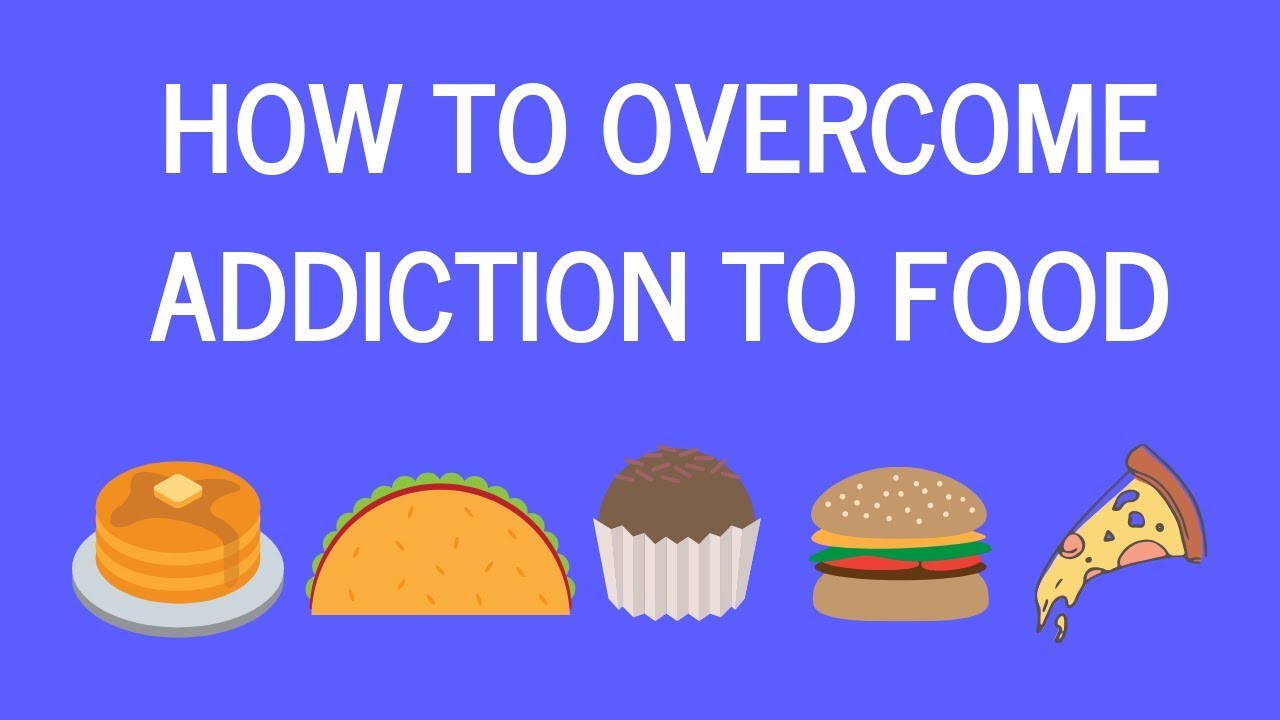How to Overcome Food Addiction
Food addiction, characterized by compulsive and unhealthy eating behaviors, can have a significant impact on physical health, emotional well-being, and overall quality of life. Overcoming food addiction requires a combination of self-awareness, behavioral changes, and support from professionals and loved ones. In this comprehensive guide, we’ll explore the causes and signs of food addiction, strategies for breaking free from addictive eating patterns, and resources to support your journey to recovery.
Understanding Food Addiction
What is Food Addiction?
Food addiction is a psychological disorder characterized by compulsive and uncontrollable cravings for specific foods, despite negative consequences on health and well-being. Like other forms of addiction, food addiction can lead to loss of control, withdrawal symptoms, and adverse effects on physical and mental health.
Signs and Symptoms of Food Addiction
- Cravings: Intense cravings for certain foods, particularly those high in sugar, fat, or salt.
- Loss of Control: Difficulty controlling food intake, often leading to binge eating episodes.
- Preoccupation with Food: Constant thoughts about food, eating, and weight.
- Emotional Eating: Using food as a coping mechanism to deal with stress, anxiety, or other emotional issues.
- Physical Symptoms: Weight gain, fatigue, digestive problems, and other health issues related to unhealthy eating habits.
Strategies for Overcoming Food Addiction
Identify Triggers
Recognize the triggers that contribute to your food cravings and addictive eating behaviors. These may include emotional triggers, environmental cues, or social situations.
Develop Healthy Coping Mechanisms
Find alternative ways to cope with stress, boredom, or negative emotions without turning to food. Practice relaxation techniques, engage in hobbies, or seek support from friends and family.
Create a Supportive Environment
Surround yourself with supportive individuals who understand your struggles with food addiction and can provide encouragement, accountability, and guidance on your journey to recovery.
Practice Mindful Eating
Pay attention to your body’s hunger and fullness cues, and eat mindfully without distractions. Focus on savoring each bite and listening to your body’s signals of hunger and satisfaction.
Build Healthy Habits
Incorporate balanced meals, regular exercise, and adequate sleep into your daily routine to support overall health and well-being. Establishing healthy habits can help reduce cravings and improve mood and energy levels.
Seek Professional Help
Consider seeking support from a therapist, counselor, or registered dietitian who specializes in treating food addiction. Professional guidance can provide valuable insights, tools, and resources to help you overcome addictive eating patterns.
FAQs About Overcoming Food Addiction
Can food addiction be cured?
While food addiction may not have a definitive cure, it can be managed and overcome with the right strategies, support, and commitment to change.
Is it possible to have a healthy relationship with food after overcoming addiction?
Yes, with time, effort, and support, individuals can develop a healthy relationship with food and enjoy eating in a balanced and nourishing way.
Are there specific diets or meal plans that can help with food addiction?
A3: While there’s no one-size-fits-all diet for overcoming food addiction, focusing on whole, nutritious foods and balanced meals can support recovery and promote overall health.
What role does therapy play in overcoming food addiction?
A4: Therapy, such as cognitive-behavioral therapy (CBT), can help individuals address underlying emotional issues, unhealthy thought patterns, and behavior change strategies to overcome food addiction.
How long does it take to overcome food addiction?
A5: The timeline for overcoming food addiction varies from person to person and depends on factors such as the severity of the addiction, individual resilience, and willingness to change. Recovery is a gradual process that requires patience and persistence.
Can medication help with food addiction?
A6: In some cases, medication may be prescribed to manage underlying mental health conditions, such as depression or anxiety, that contribute to food addiction. However, medication alone is not a substitute for comprehensive treatment and behavioral change.
How can I prevent relapse after overcoming food addiction?
A7: Stay vigilant and continue practicing healthy coping strategies, seeking support from professionals and peers, and staying connected to your recovery community. Recognize and address potential triggers early to prevent relapse.
Conclusion
Overcoming food addiction is a challenging but achievable goal with the right strategies, support, and commitment to change. By understanding the signs and symptoms of food addiction, developing healthy coping mechanisms, and seeking professional help when needed, individuals can break free from addictive eating patterns and regain control over their health and well-being. Remember that recovery is a journey, and progress may be gradual, but with perseverance and determination, you can overcome food addiction and enjoy a fulfilling and balanced life. If you or someone you know is struggling with food addiction, don’t hesitate to reach out for help and support from qualified professionals and supportive communities
- How To Safeguard Your Emotions From Gaslighting In Relationships - May 30, 2025
- Nu-Derm Skin System Near Peaslake, Surrey - May 30, 2025
- What Is The Smallest Lip Filler - May 30, 2025

